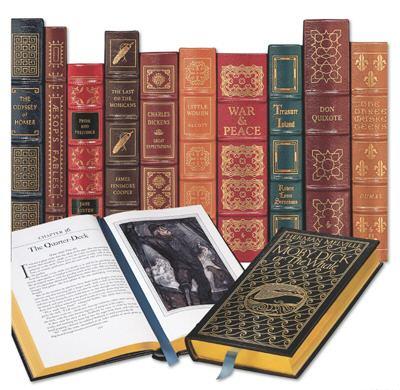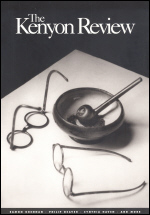
In 1973 Frye was asked by The Franklin Mint to become a member of the advisory panel that would select one hundred great books. In a telegram from the Franklin Mint 2 October 1973, one of several urgent messages imploring Frye to join the project, he was told that Willard Thorp of Princeton (who had recommended Frye to the advisory board), Alan Heimert of Harvard, Albert Guerard of Stanford, Frank Kermode of Cambridge, and Richard Ellmann of Oxford had already signed on. The Mint even sent a representative, Darby Perry, to visit Frye in his office at Victoria College. He eventually consented and was sent a checklist with certain titles already on the list and with instructions that it was possible to add alternate titles. Along with nine others, Frye duly constructed his list. He was paid $1000 for agreeing to participate in the venture. Shortly after the Franklin Mint made its list of titles available, Frye began receiving mail, criticizing him for lending his name to such a cheap commercial enterprise and noting that the gimmicky advertising brochure of the Franklin Mint did not indicate the titles selected or the editions used.
Frye responded to one of his critics by saying, “My connection with the Franklin Library scheme was confined to agreeing to serve as an ‘advisor’ for their list of titles. They sent their list of titles to me; I sent them back my own notion of what a hundred ‘great books’ might be, and they went ahead with their original selection. In other words, consulting me was pure ritual. If you were to say that I should have known in advance that this was the case, you would doubtless be right.” To another he wrote, “You were quite right about the participation: I should never have lent myself to such a business, and much regret having done so. I am not at my most perceptive on the end of a long distance telephone, and the proposal to ask for my advice in selecting a list of books, accompanied with various distinguished names who are friends of mine, looked at the time more innocent than it is, and than I should have known it would be.”
Nevertheless, Frye did take his assignment seriously and his list of recommendations was accompanied by this note of 23 October 1973 to Ron Wallace of the Franklin Mint: “I am sending with this the form sent me, marked up according to instructions. As I considered the list, however, I found myself drafting a more analytical table of what I would consider the hundred essential books of Western culture, following your own categories closely. I hope it will be more helpful than confusing.”
